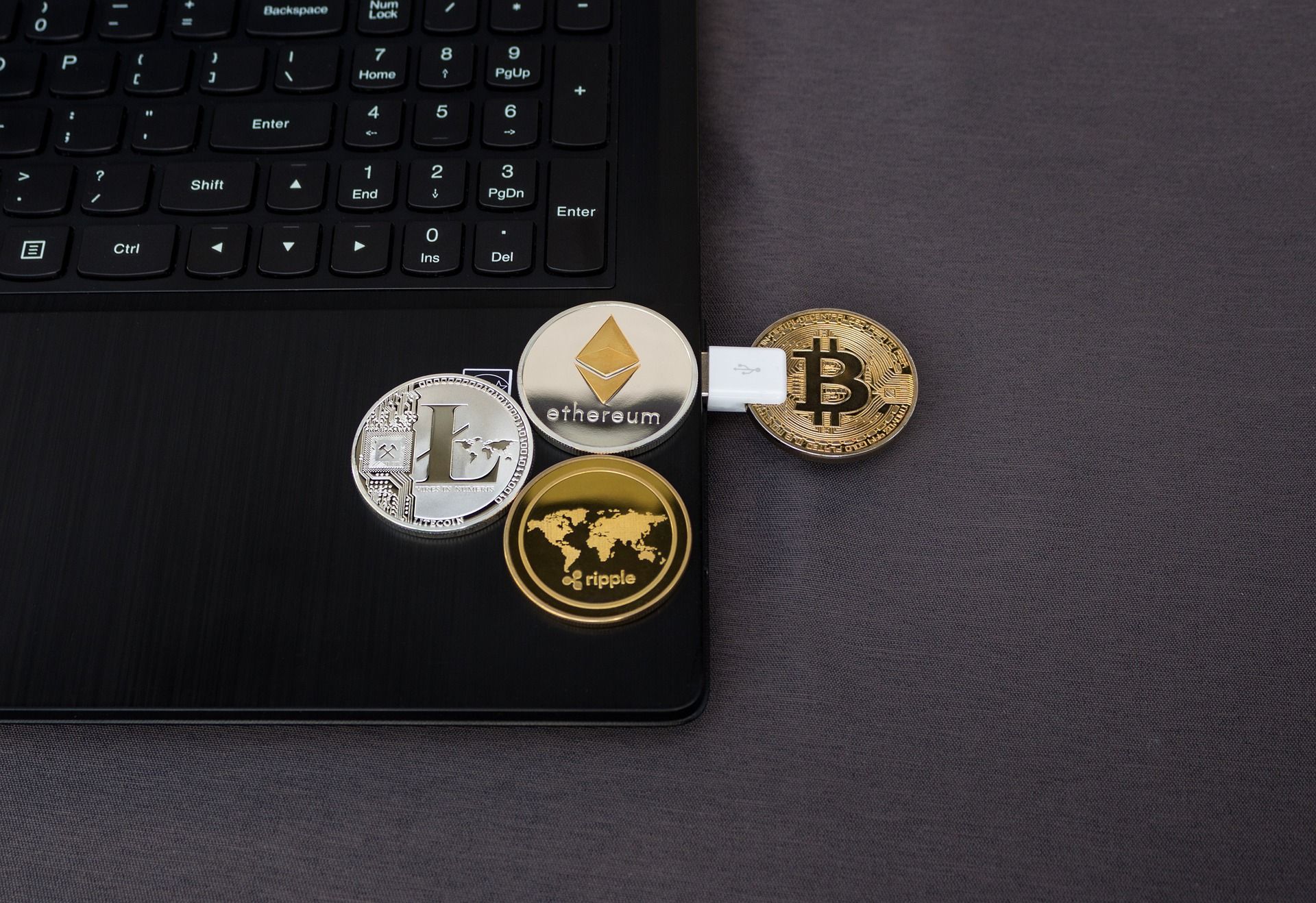
Blockchain is a buzz word you hear a lot in technology circles these days. But what is blockchain? And what could it mean for the healthcare IT setting?
Blockchain is a way of storing data so that no changes can be made to it – once the data is written, it becomes read-only from that point forward. While you hear about blockchain in relation to much-hyped Bitcoin and other cryptocurrencies, it is not the same as these currencies. Many layers of applications can be built on top of blockchain, and already in 2018 developers are looking for ways to use it in mobile health, electronic medical records, and other aspects of health IT.
While cryptocurrency is the foremost application of blockchain technology right now, it could have a tremendous impact on healthcare in the future, as its robust security may enable interoperability and data transfer where it was previously difficult, if not impossible. Different systems that couldn’t work together soon may be able to share information that is encoded with blockchain technology. While blockchain may not offer the only solution for healthcare interoperability, moving data from one system to another with which it could not previously communicate goes a long way toward integrating existing systems for many healthcare operations.
In January 2018, startup Akiri from San Francisco launched a secure network that uses blockchain technology to transmit healthcare data. The network, called Akiri Switch, is designed to work with many vendors’ products, allowing the movement of data between different systems. With many offices handling data verification and other tasks manually, the use of technology like Akiri Switch could help lower administrative costs by moving information easily between patients, providers and payers.
Payments may also be coming to healthcare in the form of blockchain. BurstIQ, Inc., is HIPAA compliant and uses blockchain for data record integration and security in healthcare. Their latest patent filing for a mobile cryptocurrency wallet indicates that patients using Apple and Android devices for payment will now be able to access their Bitcoin, Ethereum and other cryptocurrency accounts, as well as traditional forms of payment in healthcare. Opening up new ways for patients to pay could have great impacts on providers’ bottom lines.
While many providers want to empower patients to proactively update the information in their health records where possible, putting this effort into practice can prove challenging. Health Wizz has developed a mobile platform using blockchain technology that gives consumers the ownership of their own health records, something which doesn’t happen with most current EHRs and other systems transferring health information between patients, providers, and other parties. By owning their records, patients have more control over who can access their information and under what circumstances they share it.
While some applications of blockchain technology may lie further down the road than others, it is well on its way to becoming part of the healthcare IT landscape. Providers looking for new, cost-effective solutions can keep their eyes and ears open for blockchain developments that may fit their IT needs in the future.